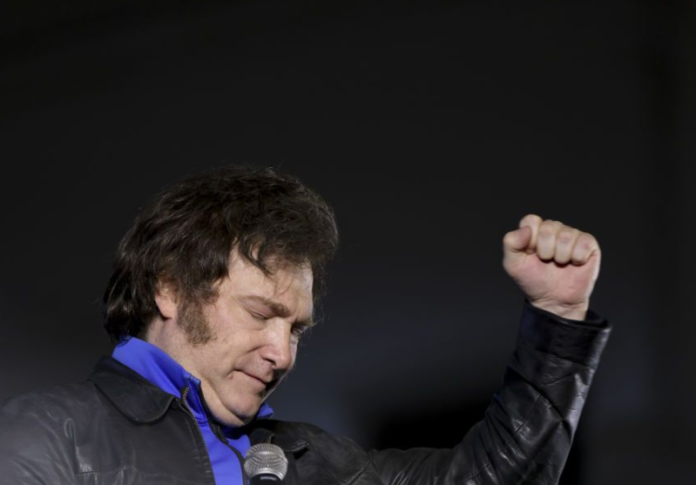Just a few days after Havier Millley became President of Argentina, his government announced radical economic measures that caused a wave of indignation among social and working groups. In doing so, the President warned of a hard suppression of any protests that can cover the streets.
New economic measures include a 50 percent devaluation of the Argentine Peso, a reduction in energy and transport subsidies, as well as the closure of some government ministries. These steps are designed to overcome the acute crisis in the country, but they also led to a rapid increase in inflation and poverty.
In response to announced measures, groups of employees, trade unions and social organizations, they called for mass protests planned for December 20. During these protests it is planned to go outside and express dissatisfaction with the policies of the new government.
President Milley and his allies are preparing for the possible consequences of protests, taking rigid security measures. The new "protocol" of public order support gives the Federal forces the power to disperse protests without a court order, as well as identify protesters through video and digital means.
However, such measures cause indignation among human rights protection groups and social organizations. The organizations turned to the United Nations and the Inter -American Commission on Human Rights, indicating that the new protocol is "incompatible with the rights to freedom of gatherings and associations, freedom of expression and social protest", which are guaranteed by the Constitution of the country.
At the same time, the government has announced that the people involved in protests and blocking the streets may lose the right to state aid.
In Argentina, inflation (161%) is currently raising in Argentina, poverty touches four of ten people, and the country has a big debt to the International Monetary Fund. The planned protests will take place against the background of the 22nd anniversary of the protest against the economic crisis, which led to the resignation of the then President Fernando de La Rua.


